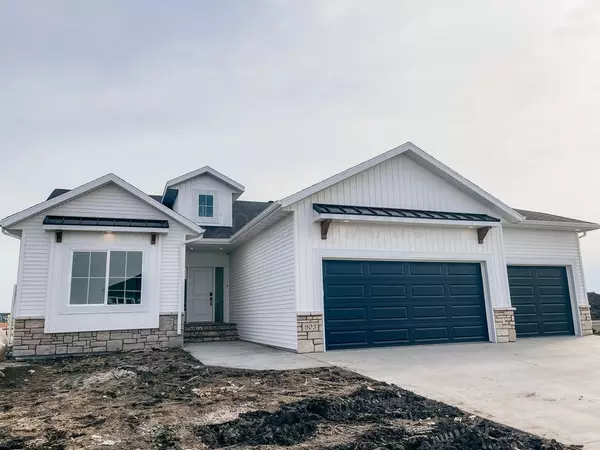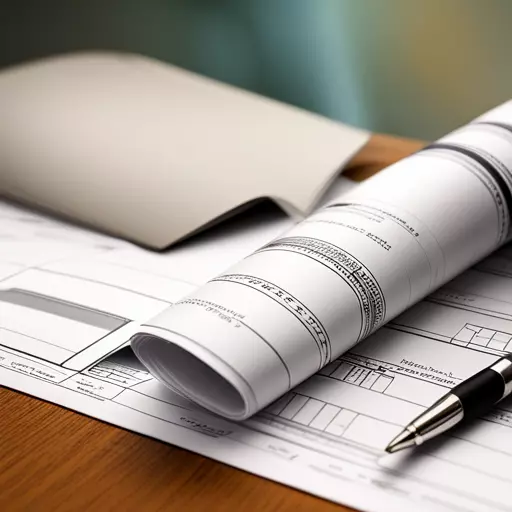

What do you pay for out of pocket when you buy
As a buyer, you're probably wondering what expenses you will have to pay for when purchasing a home. Buying a home is a significant investment that requires careful planning and a bit of financial preparation. In this blog post, we'll discuss what expenses you'll need to pay for when buying a home,
Read More

How to Choose the Right Real Estate Agent for Selling Your Home
If you are looking to sell your home, choosing the right real estate agent is critical. A good agent can help you sell your property quickly and for the best possible price, while a bad agent can leave your home sitting on the market for months and may even cost you money in the long run. In this ar
Read More

Discover Your Dream Home with 1482 69 Avenue S in Fargo, ND
$323,130 3 Beds | 3 Baths | 2,120 SqFt 1482 69 Avenue S, Fargo, ND 58104 Active Are you on the lookout for a new home in Fargo, North Dakota? If so, you'll definitely want to check out this incredible listing at 1482 69 Avenue S. With a listing price of $323,130, this stunning property is a true gem
Read More

Understanding Earnest Money: What It Is and How It Works
When it comes to buying or selling a property, one term that you might come across is earnest money. It is a sum of money paid by the buyer to the seller to show that they are serious about purchasing the property. In this blog, we will discuss what earnest money is and how it works for both buyers
Read More
Recent Posts











